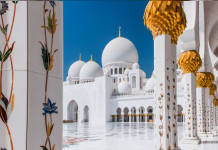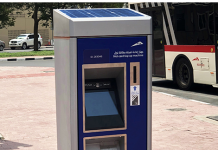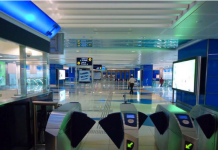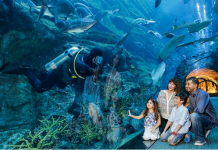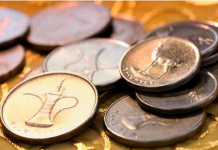Dubai is located on the Eastern coast of the Arabian Peninsula, in the south west corner of the Arabian Gulf. It is extremely well known for its warm hospitality and rich cultural heritage, and the Emirati people are welcoming and generous in their approach to visitors. With year-round sunshine, intriguing deserts, beautiful beaches, luxurious hotels and shopping malls, fascinating heritage attractions and a thriving business community, Dubai receives millions of leisure and business visitors each year from around the world.

The local currency is the dirham, which is pegged at AED 3.67 to 1 US dollar. Dubai is tolerant and cosmopolitan and all visitors are welcome. However, Islam is a way of life in the city, and therefore tourists should adopt a certain level of cultural and religious sensitivity for the duration of their stay.
Dubai Rulers : Since 1833 the reigning Al Maktoum family have ruled Dubai. Under their wise and progressive leadership Dubai has prospered and it is now the business and tourism hub for a region. More …
Dubai History: Some 800 members of the Bani Yas tribe, led by the Maktoum Family, settled at the mouth of the creek in 1833. The creek was a natural harbour and Dubai soon became a centre for the fishing, pearling and sea trade. More ….




